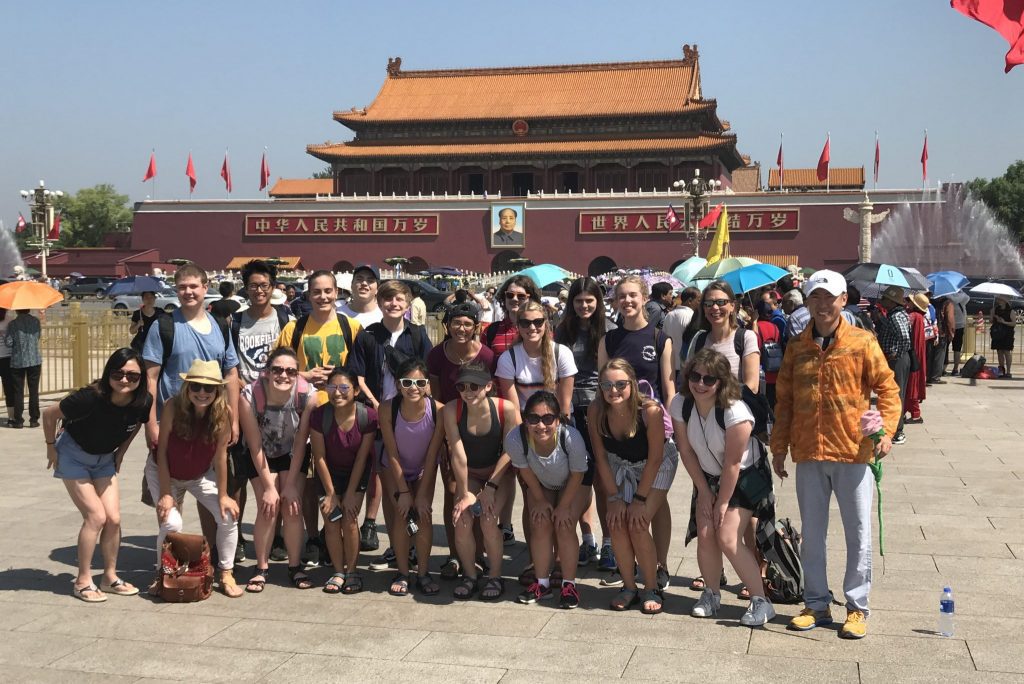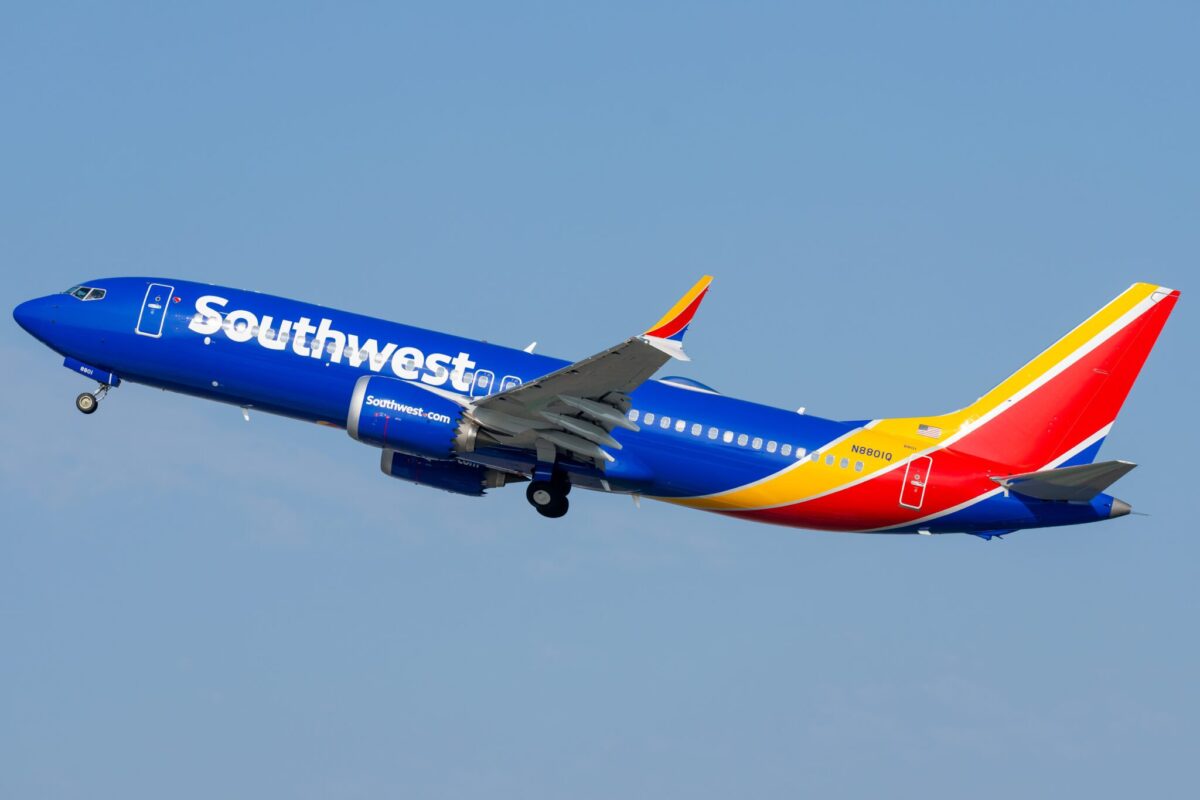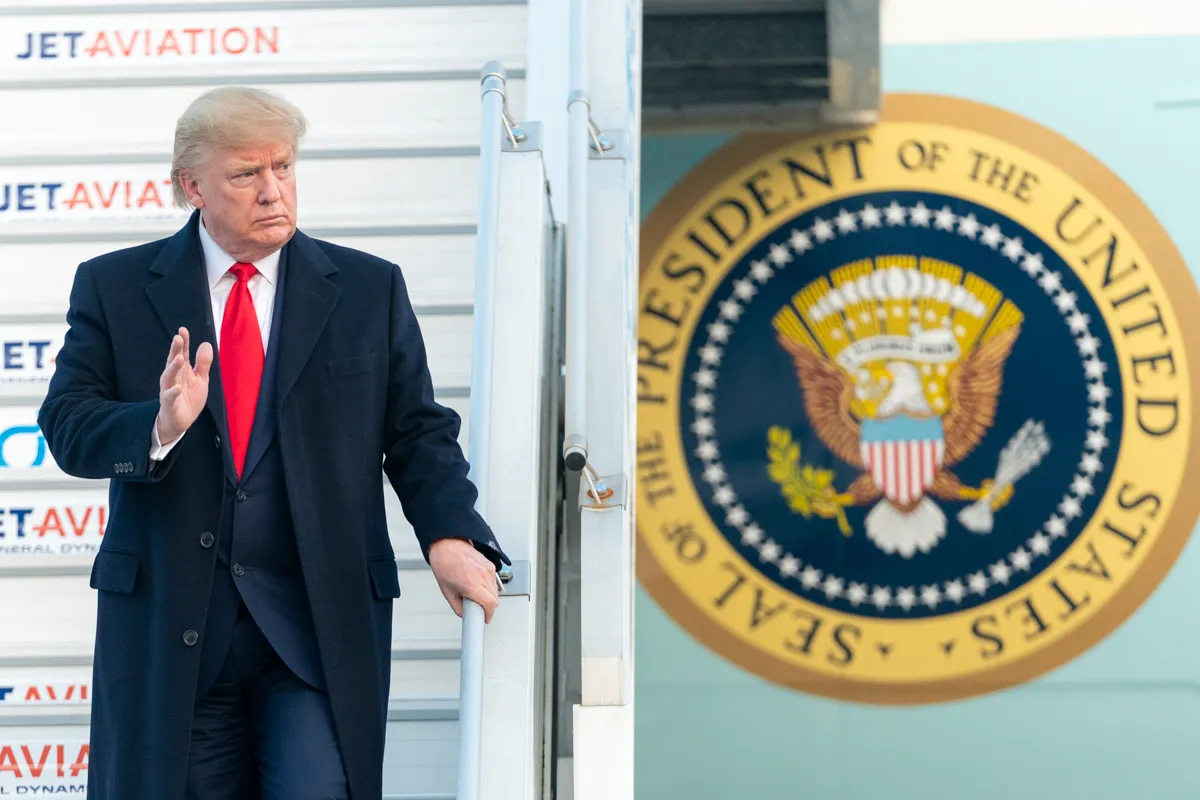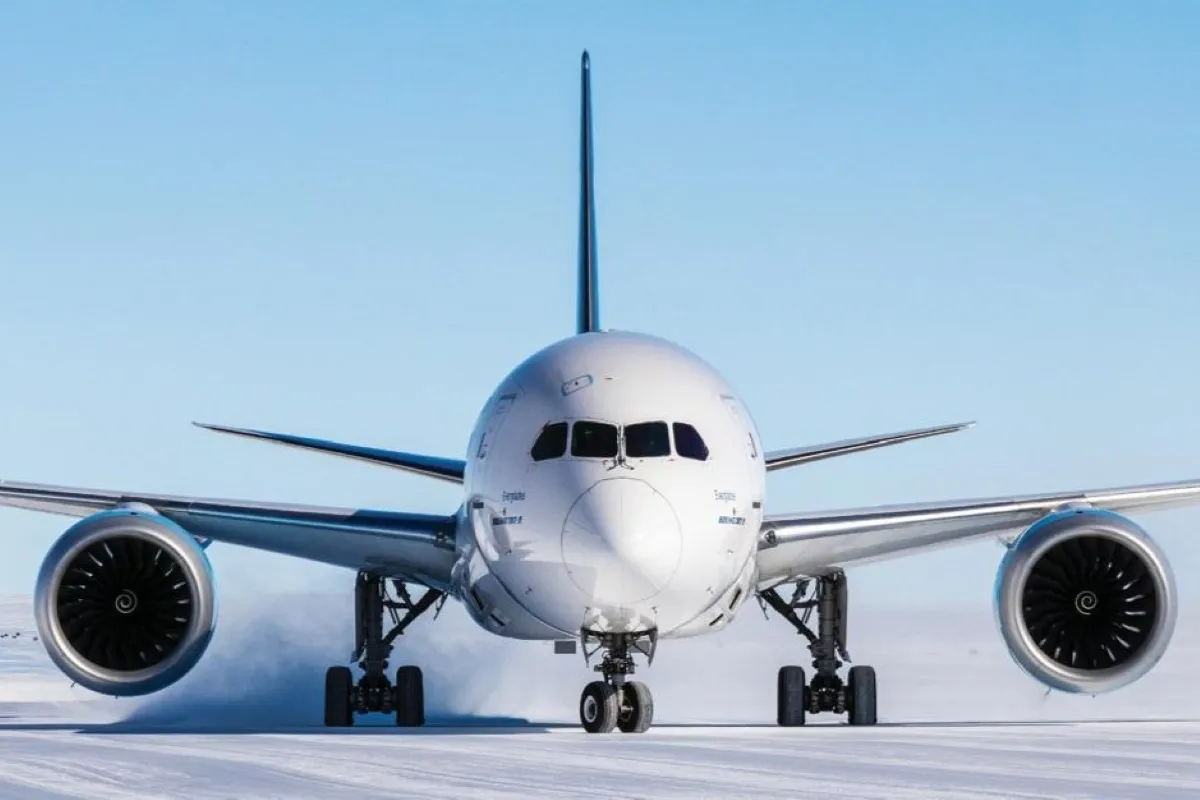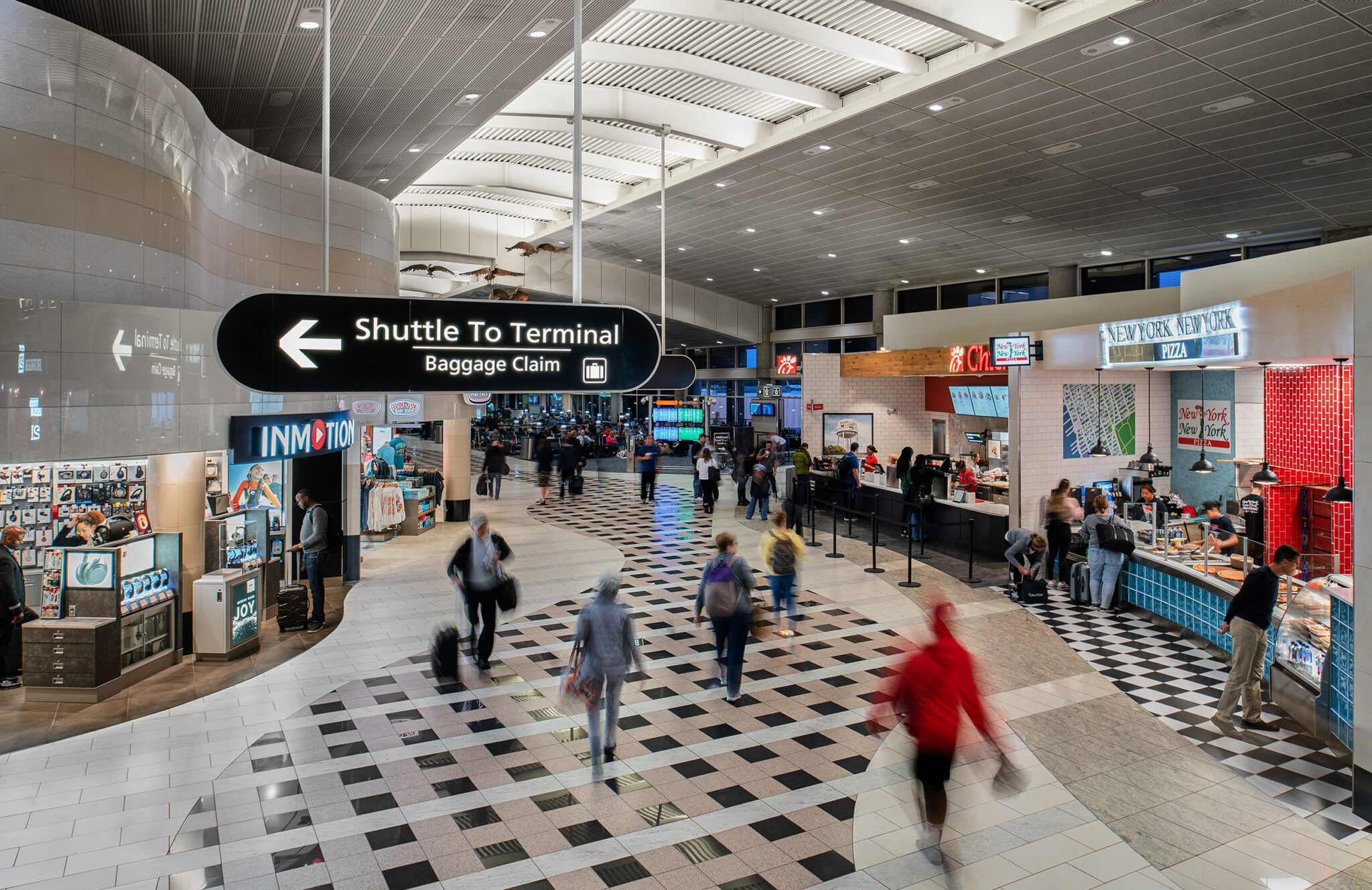This Company Is Travel's First to Emerge From a Major Pandemic Bankruptcy
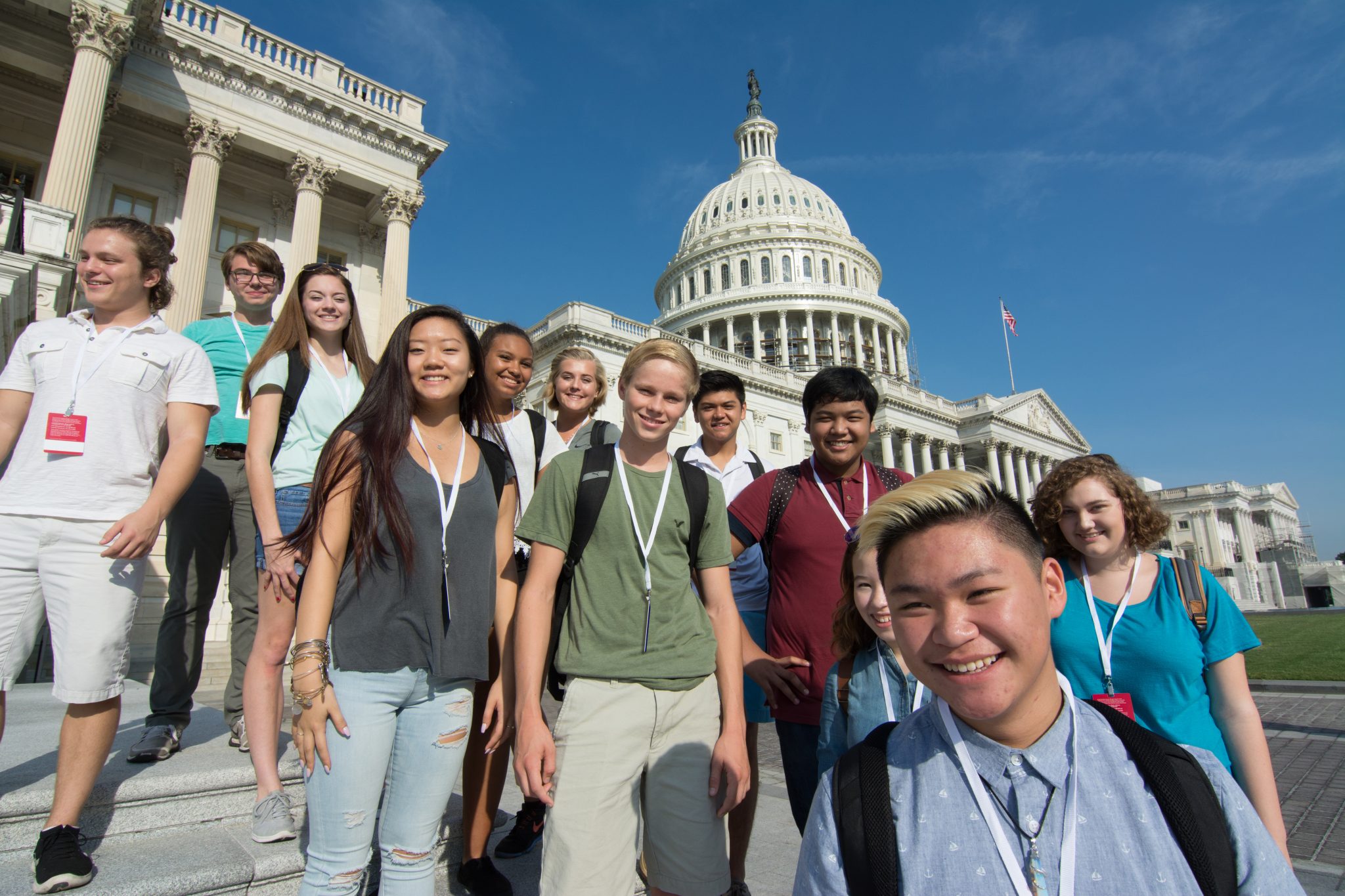
Skift Take
Top marks should get assigned to U.S. educational travel specialist WorldStrides, which has just emerged from Chapter 11 bankruptcy protection.
Its parent company, Lakeland Tours LLC, filed the voluntary petition on July 21. As a result, it's the first company in the travel industry to enter and exit bankruptcy during the pandemic.
WorldStrides, based in Charlottesville, Virginia, is one of the biggest agencies in the student travel sector, but was overwhelmed by the amount of refunds it was required to pay out.
It operates educational trips for 550,000 students annually, partnering with 7,000 schools and 800 universities around the world. But most of those institutions closed down and the majority of field trips and other types of travel were canceled. A lot of educational travel is pre-paid, which will have exacerbated the situation.
Skift approached the agency for comment on the amounts owed, but it declined to elaborate. "WorldStrides has provided and will continue to provide cash refunds to travelers whose trips and programs were impacted by the pandemic, but we aren’t disclosing total numbers," a spokesperson told Skift.
A New Chapter
On September 25, WorldStrides completed its recapitalization and implementation of its reorganization plan, with “significant financing to support execution of its long-term business plan and continue leading in experiential learning.”
Again, WorldStrides would not comment on the recapitalization, but according to reports coronavirus left the company and its affiliated divisions with a liquidity hole of $200 million. The restructuring support agreement will have generated that same amount in a new credit facility, among other conditions.
Private equity companies Eurazeo and Primavera Capital continue to be owners. They partnered up to acquire the company in December 2017.
WorldStrides also did not comment on the new shape of the business. "Covid-19 has had a significant impact on the educational travel and experiential learning industry and our company. As a result, we have had to make some difficult decisions to protect our business over the long term, which has included organizational changes. Changes to staffing have been related to the timing of when programs and travel will begin, and not due to the recapitalization," the spokesperson added.
Seeking Shelter
Chapter 11 of the U.S. Bankruptcy Code allows companies to reorganize their business as they attempt to become profitable again. Management continues to run the day-to-day business operations but all significant business decisions must be approved by a bankruptcy court, according to the Securities and Exchange Commission.
The pandemic has pushed other large players into Chapter 11, including three Latin American carriers: Latam and Avianca both filed in May, with Aeromexico following in August.
Latam will continue to fly while it is in bankruptcy protection and its affiliates in Argentina, Brazil and Paraguay were not included in the Chapter 11 filing. Avianca Holdings said the move was aimed at continuing operations and preserving jobs when it is able to resume normal operations. Unlike in the U.S. or Europe, Latin American governments have so far declined to bail out airlines, straining their finances.
The UK's Virgin Atlantic has also filed for bankruptcy protection in the U.S., but under Chapter 15, which gives legal protection to a foreign company’s U.S. assets while it restructures in its home country.
A Long Road Ahead
Another sector weighed down by the pandemic is car rental, with both Hertz and Advantage Rent a Car entering Chapter 11 in May. Hertz's international operating regions including Europe, Australia and New Zealand were not included in the U.S. filing.
However, for some companies, this type of protection can offer a new lease of life. In April, amusement parks operator Apex Parks Group filed for Chapter 11 bankruptcy protection, where it was eventually acquired by APX, in a deal led by private equity firm Cerberus Capital Management.
For WorldStrides, its president and CEO Robert Gogel noted the reorganization was completed earlier than originally planned. “We’re grateful for the continued support of our shareholders, lenders and employees throughout this process... our Back to Travel Task Force has made significant progress in establishing guidelines around safely returning to program operations," he said.
Its owners, Paris-based Eurazeo and China's Primavera Capital, clearly have a lot of faith in the future of educational travel, and in particular that U.S. students will be keen to once again travel overseas to broaden their horizons. Let's just hope they've done their homework, because in the current climate that's quite an assumption.
